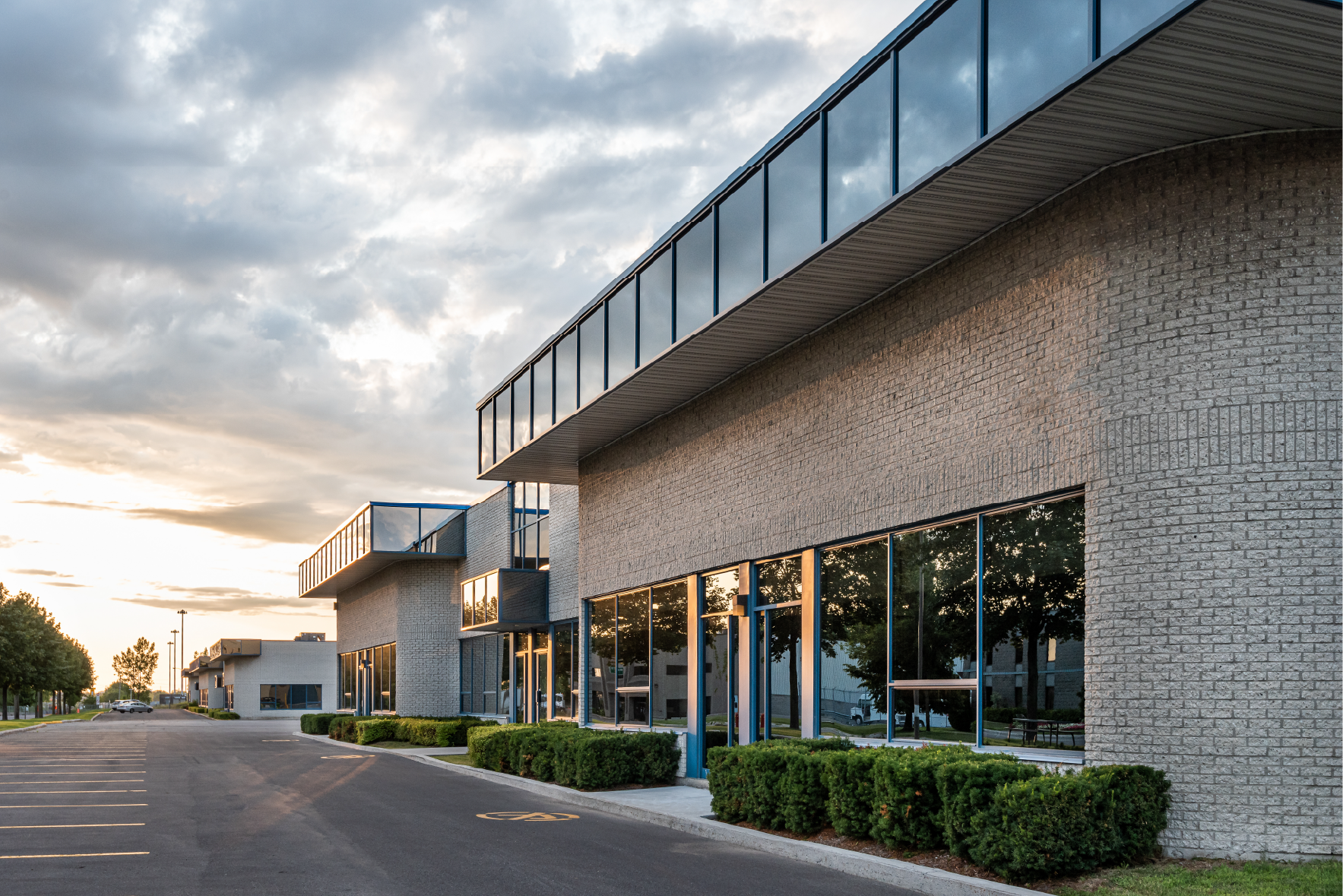What is Commercial Property Management?
Commercial property management is the comprehensive oversight and operational management of non-residential properties, encompassing a diverse range of property types, including:
- Office buildings
- Retail centers
- Apartment complexes
- Warehouses
- Industrial properties
The core function of commercial property management is to optimize the value and performance of these assets for property owners. This multifaceted role involves a wide array of responsibilities, often demanding expertise in various areas like tenant management, legal compliance, financial administration, and property maintenance.
One of the primary objectives of commercial property management is ensuring the property adheres to all applicable local government laws and regulations. This includes compliance with building codes, safety standards, and other relevant legal frameworks. Failure to comply with these regulations can lead to penalties and legal issues for property owners.
Another crucial aspect is identifying and securing suitable tenants who can meet the financial obligations of the lease agreement. Commercial property managers often work with outside brokerage firms to marketing vacant spaces, screening potential tenants, and negotiating lease terms that are favorable to the property owner. (Here at York, we provide in-house leasing services…it’s that “everything you need under one roof” approach). This includes:
- Setting competitive rental rates
- Collecting rent
- Enforcing lease agreements
By carefully selecting and managing tenants, property managers aim to minimize vacancies and maintain a steady stream of rental income for the owner.
Beyond tenant-related tasks, commercial property management encompasses a wide range of property-related responsibilities, including:
- Property Maintenance: Property managers oversee the physical upkeep of the property, addressing maintenance requests, scheduling routine repairs, and ensuring the property remains in optimal condition. This includes managing contractors, handling emergency repairs, and implementing preventative maintenance plans to mitigate potential issues and preserve the property’s value.
- Financial Management: Managing the financial aspects of the property is also crucial. This involves:
- Collecting rent
- Paying expenses
- Preparing financial reports for the property owner.
- Developing and adhering to budgets
- Tracking expenses to ensure profitability.
Skilled commercial property managers work closely with property owners to understand their investment goals and tailor their management approach to align with those objectives. They act as fiduciaries for the property owner, working diligently to protect and enhance the value of the asset over the long term.
The sources emphasize the significance of experience, industry knowledge, and strong organizational skills in successful commercial property management. This field necessitates a thorough understanding of:
- Real estate law
- Lease agreements
- Market trends
- Building systems
Effective communication and interpersonal skills are also vital for building positive relationships with tenants, contractors, and other stakeholders.



